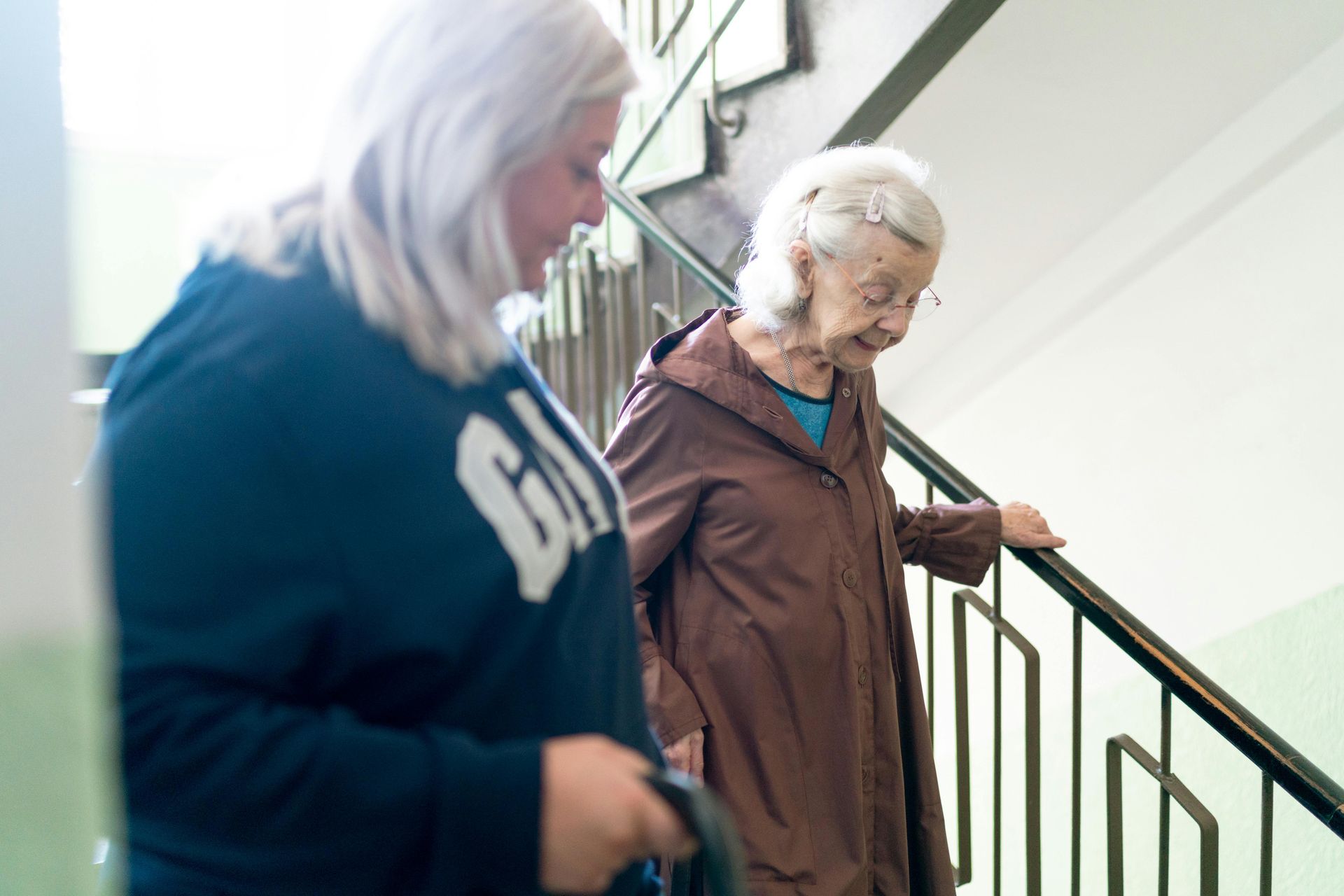Help, My Family Can't Agree On How to Care for Mom?
Your Aging Advisor Can Help

As our loved one's age, family dynamics can become more complex. Balancing the needs and preferences of aging family members with those of other family members often requires careful navigation and support. An Aging Advisor can play a crucial role in facilitating this process, ensuring that everyone’s needs are met with compassion and understanding.
Understanding Family Dynamics
Different Perspectives: Family members often have varying opinions on the best course of action for their aging loved ones. These differences can stem from personal experiences, emotional attachments, and individual beliefs about care.
Emotional Stress: Caring for an aging family member can be emotionally taxing. Family members may experience feelings of guilt, frustration, or helplessness, which can affect their interactions with each other.
Role Reversals: As parents age, children often find themselves taking on caregiving roles. This shift can be challenging for both the aging parents and their adult children, leading to tension and conflict.
Communication Barriers: Effective communication is essential but can be difficult to maintain. Misunderstandings and lack of clear communication can exacerbate family tensions.
How Your Aging Advisor Can Assist
Facilitating Communication: An Aging Advisor can help improve communication among family members by organizing family meetings, mediating discussions, and ensuring that everyone’s voice is heard. They can provide a neutral perspective that helps to resolve conflicts and build consensus.
Creating Care Plans: Aging Advisors work with families to develop comprehensive care plans that consider the needs and preferences of the aging loved one as well as the capabilities and concerns of family members. This collaborative approach helps to align everyone’s efforts and expectations.
Providing Emotional Support: Aging Advisors offer emotional support to both the aging individual and their family members. They understand the emotional challenges involved and can provide guidance, resources, and reassurance.
Coordinating Care: By managing the logistics of care, such as scheduling medical appointments, arranging for home health services, and coordinating with healthcare providers, care managers reduce the burden on family members. This allows families to focus more on their relationships and less on the day-to-day details of care.
Educating Families: Aging Advisors educate families about the aging process, available resources, and best practices for caregiving. This knowledge empowers families to make informed decisions and feel more confident in their caregiving roles.
Crisis Management: In times of crisis, such as a sudden health decline or hospitalization, care managers provide immediate support and coordination. They help families navigate these stressful situations with expertise and compassion.
Families often have different opinions about how to support an aging loved one and this can be challenging. Some families need help deciding who will do what, where and when it will happen, and how it will be accomplished. I help facilitate these conversations to help families arrive at the best possible care and support arrangement.
Contact me today to schedule a free 15-minute consultation.
Helpful Resources:
Family Meeting Guide- Our Family Our Way





